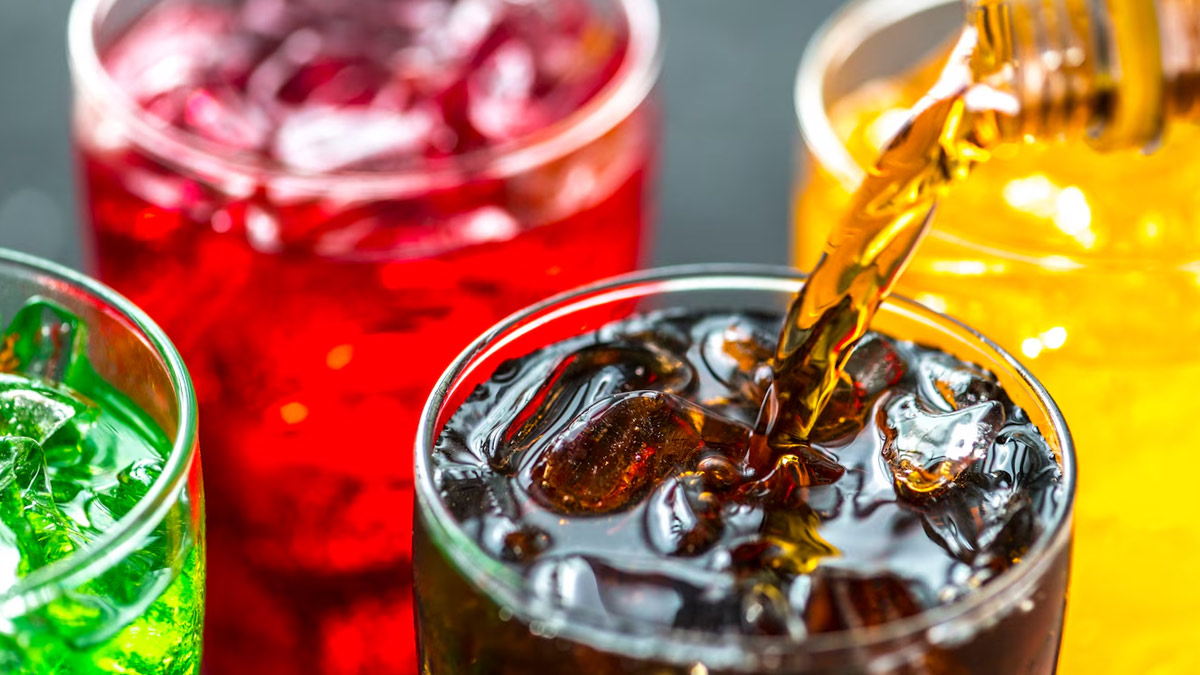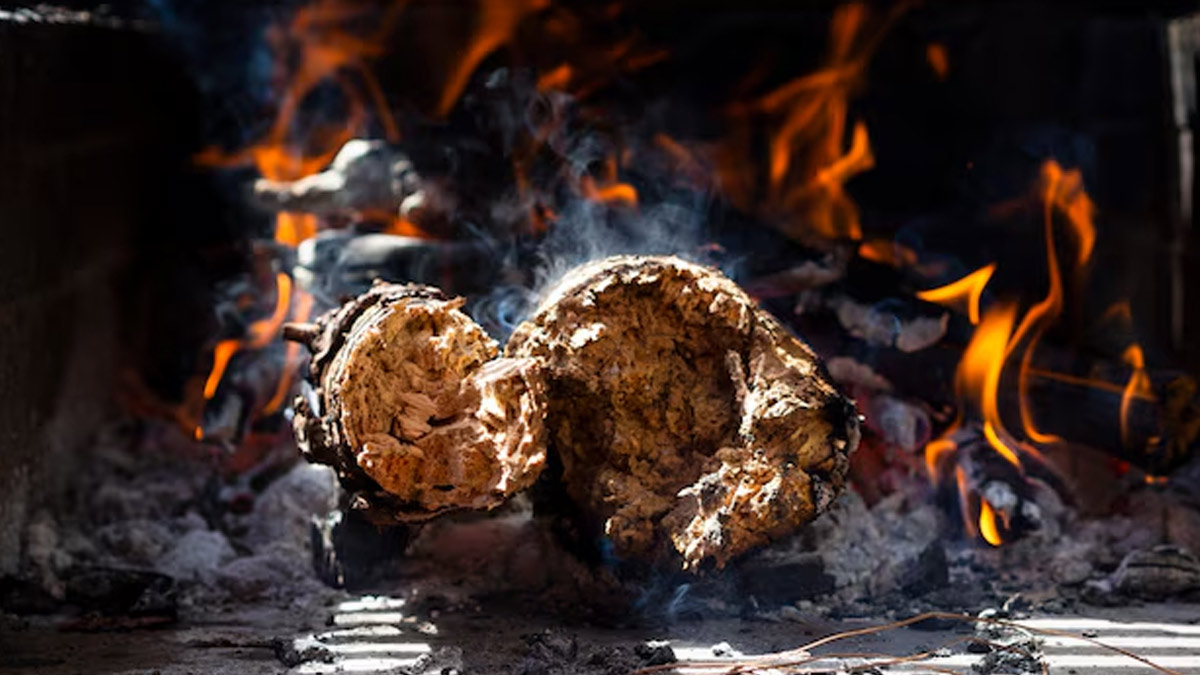Harvard Doctor Shares Six Foods That Can Increase Your Cancer Risk
Top Stories
Ultra-processed meats are meat products that have undergone significant industrial processing, ripping them off of the basic nutrients. These also contain several additives that are not used in household cooking.
Processed meats, such as bacon, sausages, ham, and salami, have been classified as Group 1 carcinogens by the World Health Organization (WHO). This means there is strong evidence that they cause cancer, especially colorectal cancer.

According to Dr Sethi, sugary drinks are the worst food for cancer progression. Sugar-sweetened beverages like sodas, energy drinks, and sweetened juices can lead to obesity, a known risk factor for at least 13 types of cancer. High sugar consumption also increases insulin levels, which may stimulate cancer cell growth. Replacing sugary drinks with water, unsweetened teas, or fresh fruit-infused water is a small but powerful step toward better health.
We all understand the risk deep-fried foods carry, and yet, we cannot resist them when we visit a restaurant or a fast food joint. But it may be time now, as it is one of the worst foods that lead to chronic inflammation associated with cancer risk, according to Dr Sethi.
Frying food at high temperatures produces acrylamide, a chemical that has been shown to cause cancer in animal studies. Though research in humans is ongoing, limiting deep-fried foods like fries, chips, and battered snacks is advised.

Grilling or barbecuing meat until it is charred or burnt can produce Heterocyclic Amines (HCAs) and Polycyclic Aromatic Hydrocarbons (PAHs), both of which are potential carcinogens. These compounds form when muscle meat is cooked at high temperatures. According to Dr Sethi, such foods can also cause DNA damage.
Reducing the cooking temperature, marinating meat before grilling, or opting for gentler cooking methods like baking or steaming can help reduce the risk.
Alcohol has been linked to an increased risk of several types of cancer, including breast, liver, throat, and colon cancer. When alcohol is broken down in the body, it produces acetaldehyde, a toxic chemical that can damage DNA. Even moderate drinking can raise cancer risk, particularly hormone-related cancers, Dr Sethi specifies. And the more you drink, the higher the risk. Experts recommend limiting alcohol intake to reduce overall risk.
Just like ultra-processed meats, all other ultra-processed foods, which include packaged snacks, ready-to-eat meals, sweetened cereals, and processed baked goods, can contribute to cancer risk. These products are often high in refined carbohydrates, unhealthy fats, added sugars, and artificial sugar.
According to studies, regular consumption of ultra-processed foods is linked with a higher risk of various cancers, particularly colorectal and breast cancer. These foods contribute to weight gain and chronic inflammation, both of which are known cancer risk factors.
It is important to note that you don’t need to completely eliminate these foods, but moderation and awareness are key. Swapping out processed and fried foods for whole, plant-based options, staying hydrated with water instead of sugary drinks, and limiting alcohol consumption are all effective steps toward reducing your cancer risk, especially if you are concerned about your long-term health.












